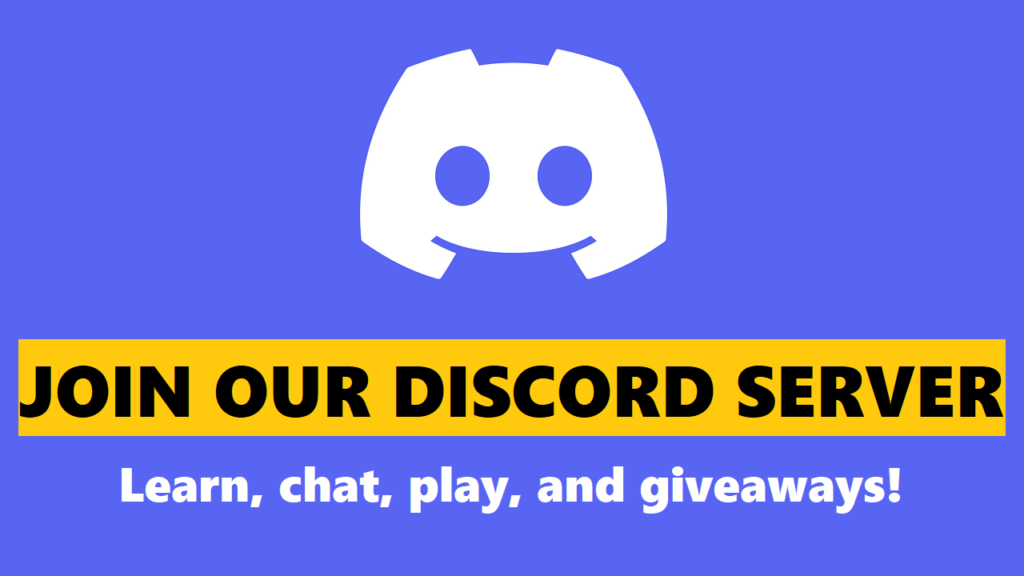INTRODUCTION
On this page, you will find links to various resources to help you learn more about Bitcoin. My journey to understanding how it works and why it is important started the same way – with keen interest and a willingness to study. In my opinion, it is important to study a topic before seeking to try and apply it in order to limit the potential for damage, especially for a new idea or concept such as Bitcoin. Throughout my website, I will never seek to tell you when or why you should buy any amount of bitcoin. That is something only you can decide for yourself.
To put it simply, Bitcoin is the first and most successful decentralized digital asset and payment network. It was launched in 2009 by its pseudonymous creator, Satoshi Nakamoto. For the first time, people wishing to transact with each other can do so with a digital currency that cannot be manipulated or controlled by a single third-party entity. Bitcoin has many unique qualities that differentiates itself from other forms of money, past and present. Here are a few examples:
DECENTRALIZED LEDGER
The historical record of bitcoin transactions is not held by a single entity using a database but is instead distributed among tens of thousands of users running nodes. Having multiple copies of the Bitcoin ledger spread across many computers and several continents prevents any malicious actors from changing the rules of the protocol. Anyone can choose to run their own node and participate in enforcing the rules encoded in the Bitcoin software.
LIMITED QUANTITY
Coded in the Bitcoin protocol are the rules for the issuance of new supply. When it was launched, the supply of bitcoins increased by 50 BTC roughly every 10 minutes. The rate of increase is cut in half roughly every 4 years. Currently, new bitcoins are issued at a rate of 6.25 BTC every 10 minutes and is expected to be reduced to 3.125 BTC on April 22, 2024. The process in which new bitcoins are issued is called “mining.” To mine bitcoin, one must expend computing power (and therefore energy) to solve a problem using the SHA-256 hashing algorithm. The entity that successfully mines the next block is awarded with the newly issued bitcoins plus the fees paid by Bitcoin users sending transactions on the network. Those transactions are added to that block and the block is added to the blockchain. All nodes will receive this new block and add all transactions in them to their copies of the ledger.
A maximum of supply of 21 million BTC is encoded into the protocol and enforced by the nodes. This makes Bitcoin unique in that for the first time, we have a digital asset that cannot be copied or duplicated in the same way that a picture, email, or text file can. It also brings the physical scarcity of a commodity such as gold into the digital realm, creating the first ever instance of “digital scarcity.” Bitcoin therefore takes the positive qualities of gold and enchances it for the digital age.
CENSORSHIP RESISTANCE
When transacting bitcoin on-chain, once your payment is added to a newly mined block and is confirmed by the network, it is recorded onto the ledger and is no longer reversible. That means that a bitcoin payment is finalized after roughly just 10 minutes. If you are transacting on Layer 2 protocols (such as the Lightning Network), the time it takes for a transaction to be final is much faster, in many cases instant. Compare this with the traditional financial system:
- ACH payments take 1 to 2 business days to complete
- Debit cards take up to 5 days
- Credit cards can take as much as 60 days or more
- International wires can take multiple days depending on the destination country
All of the above options also have high fees for either the sender, the recipient, or both. Credit card transactions can also be reversed many months later as fraud is a common occurance. More importantly, Bitcoin guarantees that your transaction will go to the recipient you specify without question as there is no middleman.
On the other hand, to open a bank or financial account, you typically need to provide your name and address and bring a list of documents. Once you have your account, you are dependent on your bank or middleman to keep your funds safe and to process any transaction you wish to do through it. Increasingly, we are seeing banks and governments censor or block transactions that they don’t like and forcefully close the accounts of individuals who share different political views. This is already a common problem in developing countries where most people don’t have access to traditional banking products that citizens of wealthier countries are used to. Bitcoin bridges this gap and offers financial inclusion to those people who would otherwise be ignored by the legacy financial system.
LEARN MORE
There are many videos and podcasts about Bitcoin available that you can watch or listen to right away. I recommend that you watch this Bitcoin introductory course with Natalie Brunell and Swan Bitcoin. Below that, I will link you to the social media accounts of my favorite Bitcoin personalities. When you are ready to buy your first bitcoin and download your first wallet app, click here and here.
| NAME | INFO & SOCIAL MEDIA LINKS |
|---|---|
| BTC Sessions | Producer of high-quality tutorial videos, plus weekly news and talk shows YouTube Twitter/X |
| Natalie Brunell | Host of the Coin Stories podcast Twitter/X |
| Saifedean Ammous | Author of 3 books: The Bitcoin Standard, The Fiat Standard, & Principles of Economics; Host of the Bitcoin Standard podcast Twitter/X |
| Stephan Livera | Host of the Stephan Livera podcast; Head of Education at Swan Bitcoin Twitter/X |
| Matthew R. Kratter | Founder of Bitcoin University; produces daily videos YouTube Twitter/X |
| Peter McCormack | Host of the What Bitcoin Did podcast Twitter/X |
| Jack Mallers | Founder of Strike mobile payment wallet Twitter/X |
| Robert Breedlove | Host of the “What is Money?” podcast Twitter/X |





